FAQ'sFrequently Asked Questions about Java
Who are Java?
Java is a programming language and computing platform first released by Sun Microsystems in 1995. It is now owned by Oracle Corporation, which provides support and development for the platform. Java is widely used for building enterprise-scale applications, mobile applications, and web applications.
What are Javas products?
Javas primary product is the Java Development Kit (JDK), which includes tools for developing, debugging, and monitoring Java applications. Other products include the Java Runtime Environment (JRE), which allows users to run Java applications, and various libraries and frameworks that enhance Javas functionality.
What services do Java offer?
Java offers comprehensive documentation, community support, and a range of development tools. Oracle also provides training and certification services for Java developers, as well as access to cloud services that support Java applications.
What type of companies do Javas products suit?
Javas products are suitable for a wide range of companies, from startups to large enterprises. They are particularly beneficial for businesses that require scalable, reliable, and secure applications, such as financial institutions, e-commerce platforms, and large-scale web services.
How much does Javas product cost?
The Java Development Kit (JDK) is available for free under an open-source license. However, Oracle offers commercial licenses for additional support and services that may incur costs. Pricing for these commercial licenses varies based on usage and support levels.
Does Java offer a free trial?
Java itself, including the JDK and JRE, is free to download and use. However, Oracles commercial offerings may come with trial periods depending on the specific service package selected.
What discounts does Java offer on their products?
Oracle may offer discounts on commercial licenses and support packages. Specific discounts or promotions can vary and are typically available through Oracles sales representatives or during promotional events.
Are there any hidden fees or additional costs with Java?
While the JDK and JRE are free to use, transitioning to a commercial license with Oracle can incur additional costs based on the chosen support and service options. It is advisable to review the licensing agreements to understand potential costs before commitment.
Who uses Javas products?
Java is utilised by developers, software engineers, and organisations across various industries, including technology, finance, healthcare, and education. It is particularly popular among those developing large-scale enterprise applications and mobile apps.
What are the main features of Javas products/services?
Key features of Java include platform independence (write once, run anywhere), strong memory management, multi-threading capabilities, a robust security model, and a rich API that supports various programming tasks. Java also has a large community and extensive libraries.
How does Java compare to its competitors?
Java is often compared to languages like C#, Python, and JavaScript. Java is noted for its performance, scalability, and security, making it suitable for enterprise applications. In contrast, Python is favoured for its simplicity and rapid development capabilities, while JavaScript excels in web development.
Is Javas platform easy to use?
Java is generally easy to use for those familiar with programming concepts. Its syntax is well-structured, and the extensive documentation available helps new users learn effectively. However, mastering advanced features may require a deeper understanding of object-oriented programming.
How easy is it to set up Javas product or service?
Setting up the Java Development Kit (JDK) is straightforward, with installation guides available on the official documentation site. Users can download the installer, follow the provided instructions, and configure their environment in a few steps.
Is Java reliable?
Java is considered a reliable platform, with a long track record of stability and performance in production environments. Its strong type system and memory management contribute to robustness, making it a trusted choice for enterprise applications.
Does Java offer customer support?
Oracle provides customer support for its commercial Java products, including technical assistance and updates. Community support is also available through forums and user groups, where developers can seek help and share knowledge.
How secure is JavaÕs platform?
Java is designed with security in mind, featuring built-in security mechanisms such as the Java sandbox, which restricts the capabilities of untrusted code. Regular updates and patches are provided to address vulnerabilities and enhance security.
Does Java integrate with other tools or platforms?
Java integrates well with a variety of tools and platforms, including popular frameworks like Spring and Hibernate, as well as development environments like Eclipse and IntelliJ IDEA. It also supports integration with cloud services and databases.
Can I use Java on mobile devices?
Yes, Java is widely used for mobile application development, particularly through the Android platform, which relies on Java for building Android applications. Java Mobile Edition (Java ME) also supports application development for embedded and mobile devices.
What do users say about Java?
Users often praise Java for its portability, stability, and extensive community support. However, some critique its verbosity and complexity compared to newer programming languages. Overall, Java is respected for its performance in enterprise environments.
What are the pros and cons of Java?
Pros: Platform independence, strong community support, extensive libraries, robust security features, and scalability. Cons: Verbose syntax, slower performance compared to some languages, and a steeper learning curve for beginners.
How can I purchase JavaÕs services?
Java services, particularly commercial licenses, can be purchased directly from Oracles website or through authorised resellers. Interested customers should contact Oracles sales team for detailed pricing and licensing options.
What is the cancellation or refund policy for Java?
Oracles cancellation and refund policies vary depending on the specific service agreement and licensing terms. It is advisable to review the terms and conditions when purchasing a commercial license or service.
Who uses Java?
Java is used by a diverse range of users, including individual developers, software development companies, and large enterprises. It is particularly prevalent in industries that require robust and scalable applications, such as finance, healthcare, and technology.
What are the common use cases for Java?
Common use cases for Java include building enterprise applications, mobile applications, web applications, and server-side applications. Java is also used in big data technologies, cloud computing, and Internet of Things (IoT) applications.
Why choose Java over other options?
Choosing Java offers advantages such as platform independence, a strong ecosystem, and a large community for support. Its robustness makes it suitable for complex and high-traffic applications, which is essential for enterprise-level development.
How easy is it to set up Java?
Setting up Java is relatively easy for users with basic technical skills. The installation process is well-documented, and the required tools can be obtained from the official Oracle website.
Does Java offer training or tutorials?
Yes, Oracle offers various training and certification programmes for Java developers. Additionally, there are numerous online resources, tutorials, and courses available to help users learn Java effectively.
What languages does Java support?
Java primarily supports English in its documentation and community resources. However, developers can create applications that cater to multiple languages through internationalisation (i18n) techniques, allowing for global reach.
What problems does Java solve?
Java helps solve problems related to cross-platform compatibility, provides a secure environment for application development, and supports complex data processing. It is particularly effective in developing scalable applications that require reliability and maintainability.
Is Java worth the investment?
For many companies, investing in Java is worthwhile due to its scalability, security, and extensive ecosystem. It is particularly beneficial for organisations that require robust applications capable of handling large user bases and complex transactions.










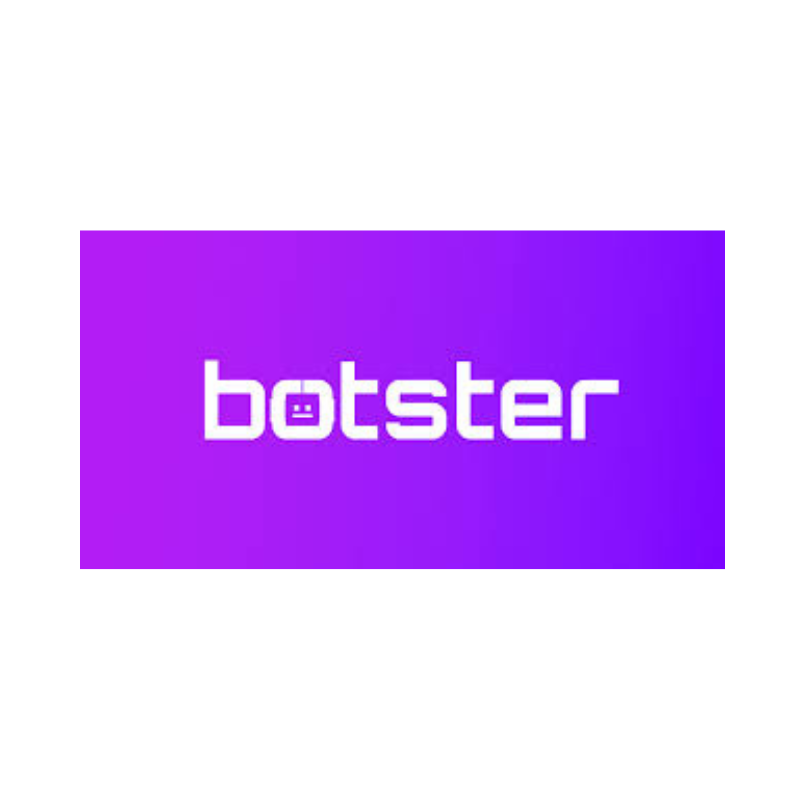
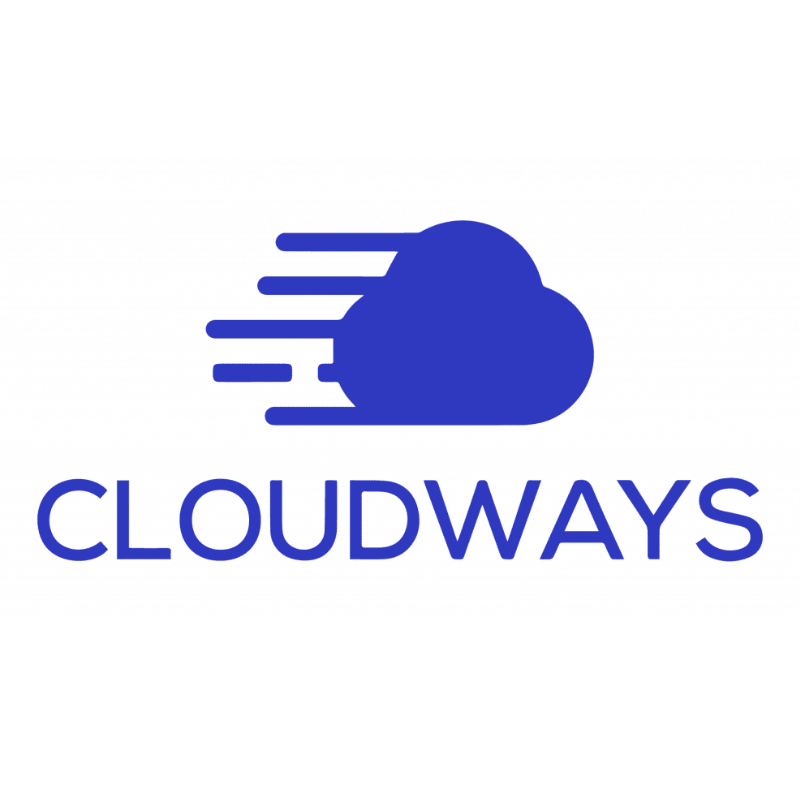
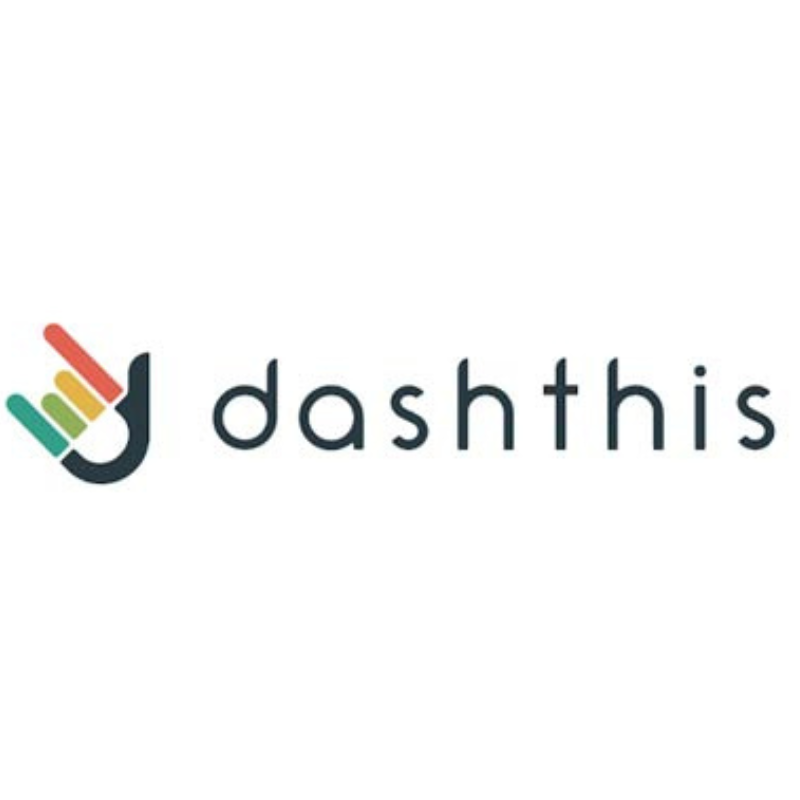

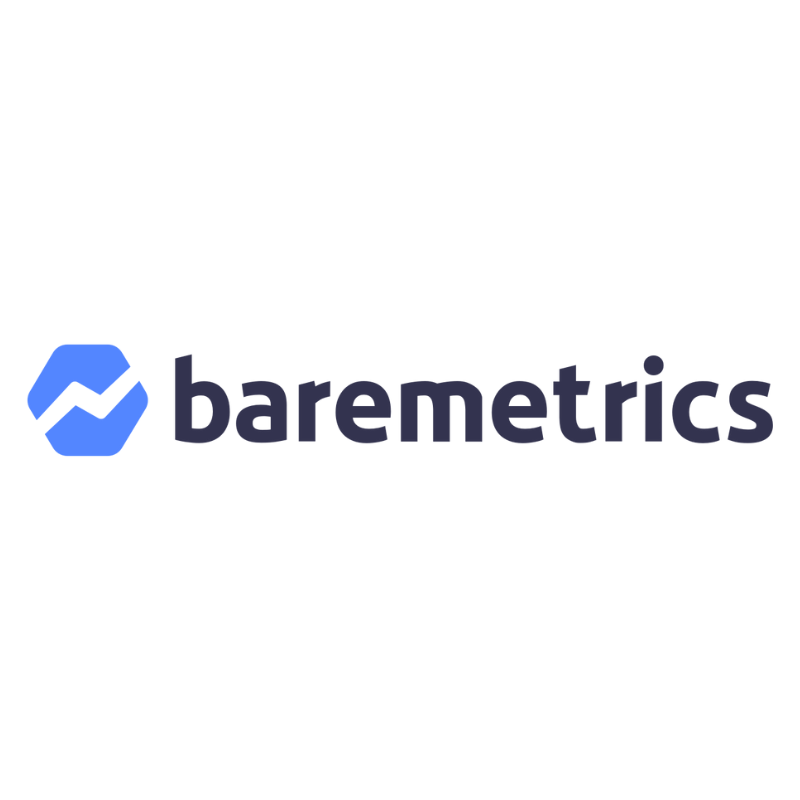
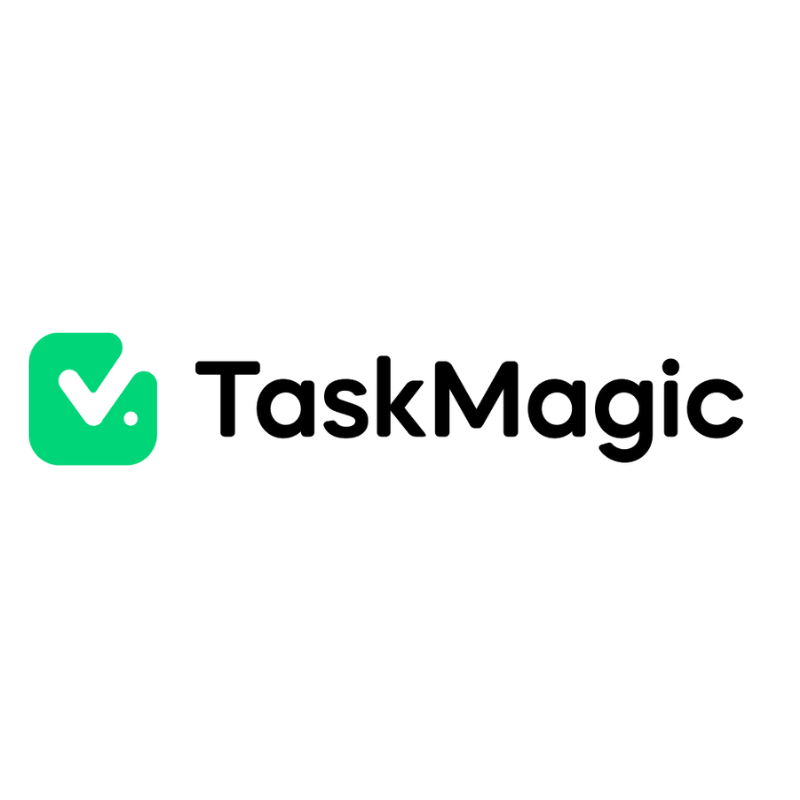






Leave a Reply
You must be logged in to post a comment.